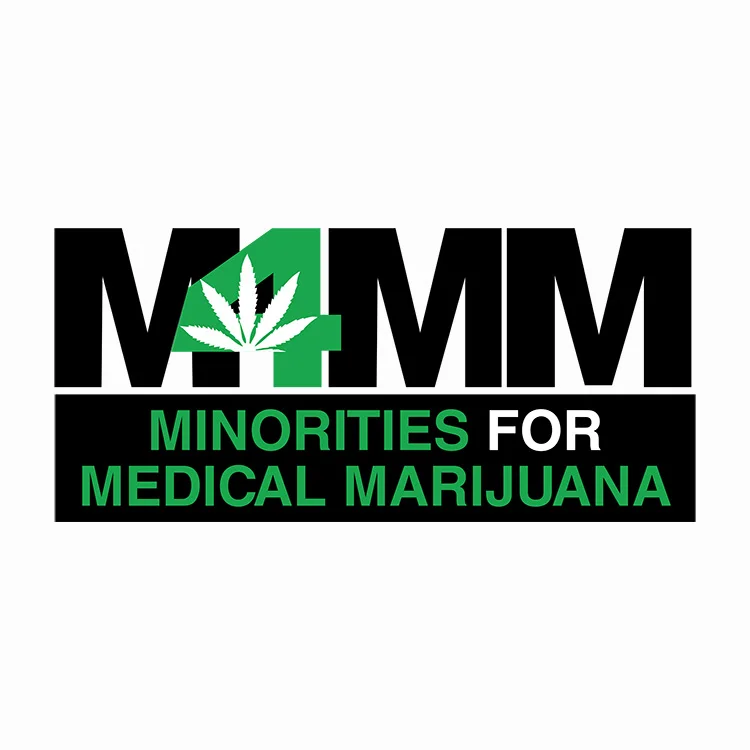Overcoming Language Barriers in Accessing Medical Marijuana Information
The Intersection of Minorities and Medical Marijuana
In recent years, the discourse surrounding medical marijuana has increasingly highlighted disparities affecting minority communities. These disparities stem from historical injustices, socioeconomic factors, and systemic barriers that have disproportionately impacted minorities' access to healthcare and alternative treatments like medical marijuana.
Historical Context and Systemic Inequities
Historically, minority communities in the United States have faced discriminatory practices in healthcare, leading to disparities in treatment options and access to medical innovations. The War on Drugs, for instance, disproportionately targeted African American and Hispanic populations, resulting in higher rates of incarceration for non-violent drug offenses related to marijuana possession.
Socioeconomic Challenges and Access Barriers
Socioeconomic factors play a crucial role in determining access to medical marijuana. Minority communities often face higher rates of poverty and lack of health insurance, limiting their ability to afford medical marijuana prescriptions or access dispensaries in their neighborhoods. Furthermore, geographical disparities in dispensary locations can further hinder access for minority populations in rural or underserved urban areas.
Cultural Perceptions and Stigma
Cultural perceptions and stigma surrounding marijuana use also influence minority communities' willingness to explore medical marijuana as a treatment option. Historical stereotypes and misinformation have contributed to a hesitancy among some minority groups to embrace medical marijuana, despite its potential therapeutic benefits for conditions such as chronic pain, epilepsy, and PTSD.
Legalization Efforts and Advocacy
In response to these disparities, advocacy groups and policymakers have increasingly focused on reforming marijuana laws to promote equity and justice. Initiatives supporting legalization, decriminalization, and social equity programs aim to address historical injustices and ensure minority communities benefit equitably from medical marijuana legalization.
Health Benefits and Treatment Efficacy
Research into the health benefits of medical marijuana continues to uncover its potential efficacy in treating various medical conditions, particularly those disproportionately affecting minority populations. Studies suggest cannabinoids can alleviate symptoms of chronic pain, nausea from chemotherapy, and improve quality of life for patients with severe M4MM.
Challenges in Research and Data Collection
Despite growing support for medical marijuana, challenges remain in conducting comprehensive research and data collection specific to minority communities. Limited representation in clinical trials and data collection efforts can obscure the nuanced impacts of medical marijuana on minority health outcomes, hindering efforts to tailor treatments and interventions effectively.
Moving Towards Equity and Inclusive Healthcare
Addressing disparities in medical marijuana access requires a multi-faceted approach involving policy reform, community outreach, and healthcare provider education. By promoting equity and inclusive healthcare practices, policymakers and advocates can ensure that minority communities have equal access to medical marijuana as a viable treatment option, promoting both health equity and social justice.


Comments